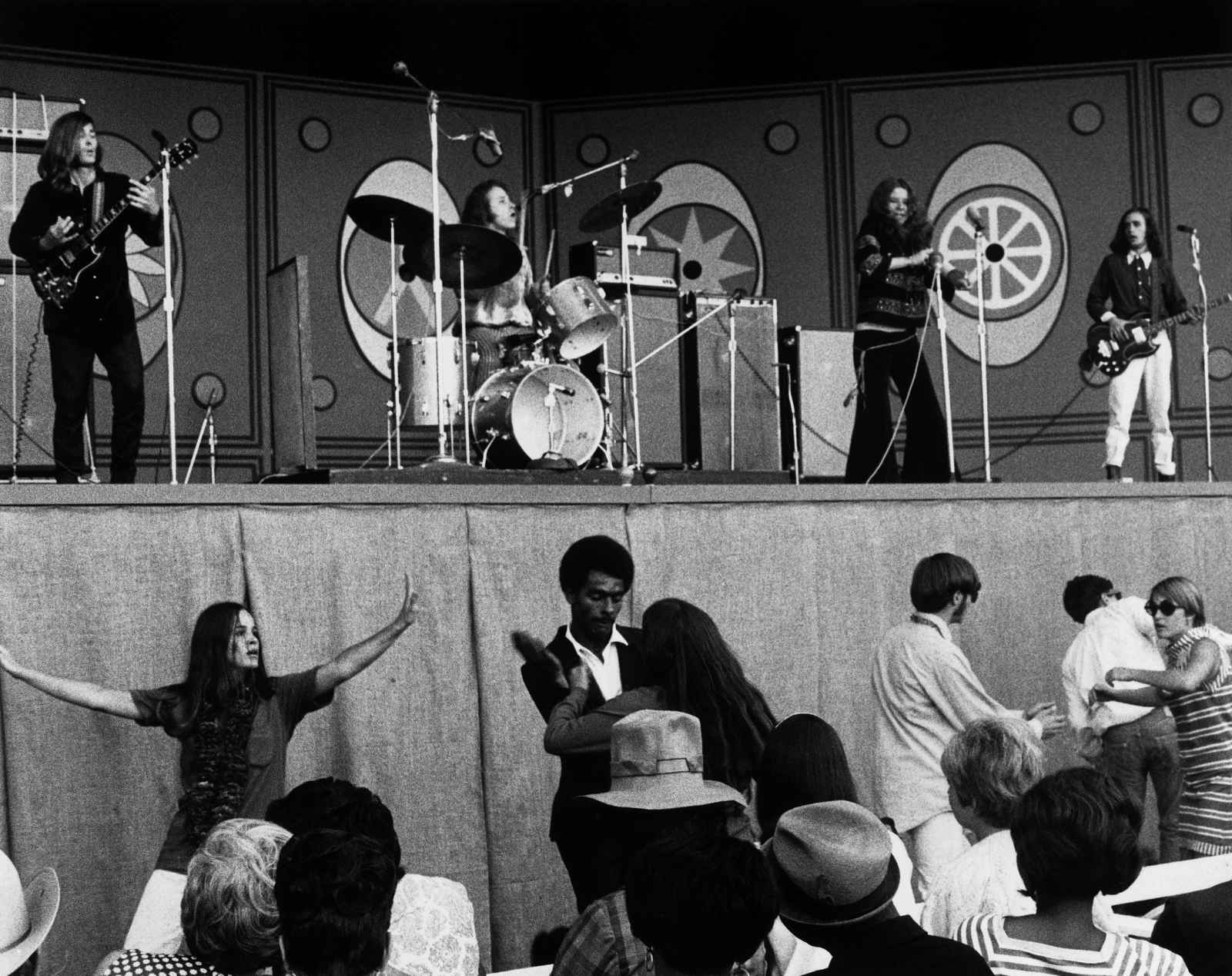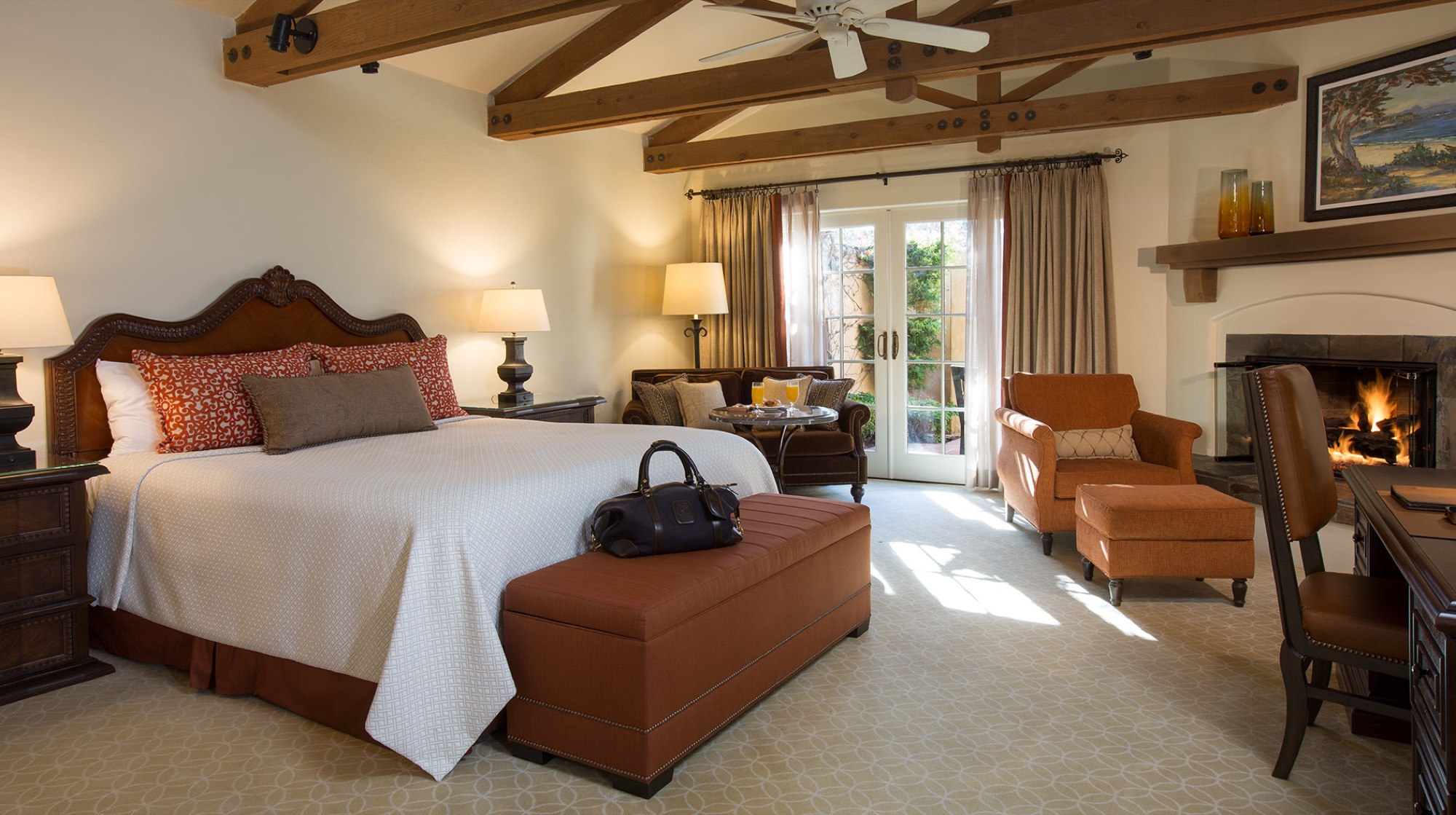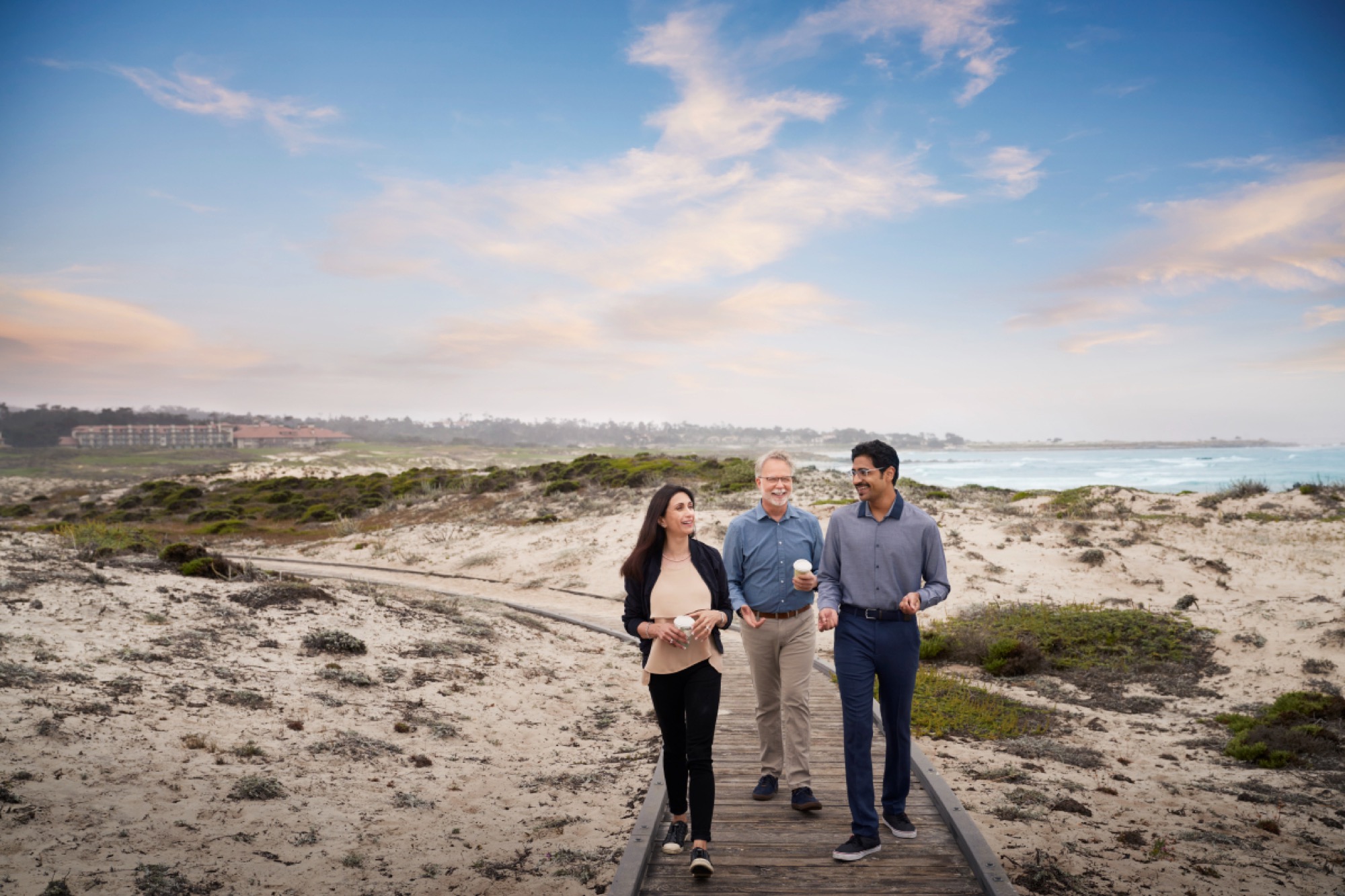
Janice Joplin at the Monterey Jazz Festival in 1967
2017 marks the 50th anniversary of the Monterey International Pop Festival, one of the most iconic events in rock history and the opening days of the Summer of Love. Held at the Monterey County Fairgrounds, the Pop Festival was arranged and booked by the Mamas and the Papas’ John Phillips, their record producer Lou Adler and the Beatles publicist, Derek Taylor. But the Pop Festival’s connection and inspiration from the Monterey Jazz Festival, which had been taking place at the Fairgrounds since 1958, is not widely known.
In 1966, noted San Francisco rock and jazz critic (and MJF co-founder) Ralph Gleason, urged the festival’s General Manager, Jimmy Lyons to embrace the emerging Bay Area psychedelic music scene and to book some young upstarts out of the Haight Ashbury called the Jefferson Airplane—who had just released a record (but had never appeared outside of the Bay Area) and the Chicago-based Paul Butterfield Blues Band with Mike Bloomfield for the 9th Monterey Jazz Festival. As a result, that year’s festival drew younger listeners who also caught that afternoon’s blues acts- including Big Mama Thornton, Muddy Waters, Jimmy Rushing and Memphis Slim.
One of the attendees was a young impresario named Alan Pariser, who thought the Monterey County Fairgrounds, with its 20 acres of grass, rustic buildings and a recently-built Arena stage, would be a perfect location to have a concert with the Mamas and the Papas – and its central California location would attract fans from both the epicenters of the new rock scenes of San Francisco and Los Angeles. Pariser approached Phillips and Adler for promotion of the show. They already had a notion about presenting pop artists like a jazz festival. “…rock 'n' roll wasn't considered an art form as jazz was,” recalled Adler to the Los Angeles Times in 2012. “John [Philips] and I thought this might be the situation we were looking for, where we could put rock 'n' roll into a venue that is known for jazz, thereby elevating it. Then the idea [came] to make it a charity. So we contacted as many artists in as many genres of what was considered pop music and that was the impetus.”
Jefferson Airplane at the Monterey Jazz Festival in 1967
The Monterey Pop Festival was planned in just seven weeks and was presented to worldwide acclaim from June 16-18, 1967. The infrastructure and stage management was provided by people who knew the facilities well, including MJF stage manager Paul Vieregge, who oversaw the Arena stage from 1958-1992. McCune Sound provided the speakers, soundboards and mixing. (McCune still does sound at the Monterey Jazz Festival to this day.)
Not only did Monterey Pop launch the US debuts of The Who and the Jimi Hendrix Experience; make the unknown Janis Joplin an international star and mark Otis Redding’s last major appearance, but the festival’s spirit and influence grew even larger with the release of the D.A. Pennebaker film Monterey Pop in 1968, which created a hunger in the marketplace for popular music fans for the new “festival” format, but also inspired many other impresarios to try their hands at the larger-scale presentation—including Michael Lang, who would produce the Woodstock Festival in August 1969.
The 10th Monterey Jazz Festival, held three months after Monterey Pop in September 1967, invited back Big Brother and the Holding Company with Janice Joplin, who had just released their first record and were about to become a musical phenomenon. Monterey’s Summer of Love began with the Pop Festival and ended with the Jazz Festival, but the social and cultural change of the late ‘60s was fully in bloom and rock music- and rock audiences- would never be the same again.
Jefferson Airplane at the Monterey Jazz Festival in 1967



